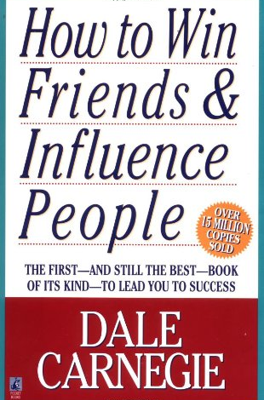If You’re Wrong, Admit It
Key Concepts
- Admitting Faults: Acknowledging one's mistakes openly and quickly can defuse potential conflicts and convert adversarial interactions into cooperative dialogues.
Practical Advice
- Proactive Admission: Instead of waiting for others to point out our mistakes, proactively admitting our wrongdoings can help build trust and reduce tensions.
- Impact of Self-Criticism: Criticizing oneself before others have the chance can lead to them defending you, often resulting in a more favorable outcome than if they initiated the criticism.
- Responsibility for Errors: Taking responsibility for our errors can prevent escalation and simplify the resolution process. This approach is particularly useful in professional settings where blame may be passed around.
Examples from the Chapter
Personal Encounter with Police: Dale Carnegie describes an incident where preemptive admission of his guilt regarding an unleashed dog in a park led to a lenient response from a policeman previously prepared to enforce a penalty.
Commercial Artist Case: Ferdinand E. Warren, a commercial artist, avoided conflict and gained a client's favor by immediately admitting to a mistake he made, which promptly transformed his client's attitude from critical to supportive.
Workplace Error Management: Bruce Harvey shares how admitting a payroll mistake to his boss allowed for a straightforward resolution and avoided unnecessary blame-shifting, which also gained him increased respect from his superior.
Principle to Follow
- Principle 3: If you are wrong, admit it quickly and emphatically. This approach not only resolves potential conflicts but also demonstrates maturity, responsibility, and integrity.
